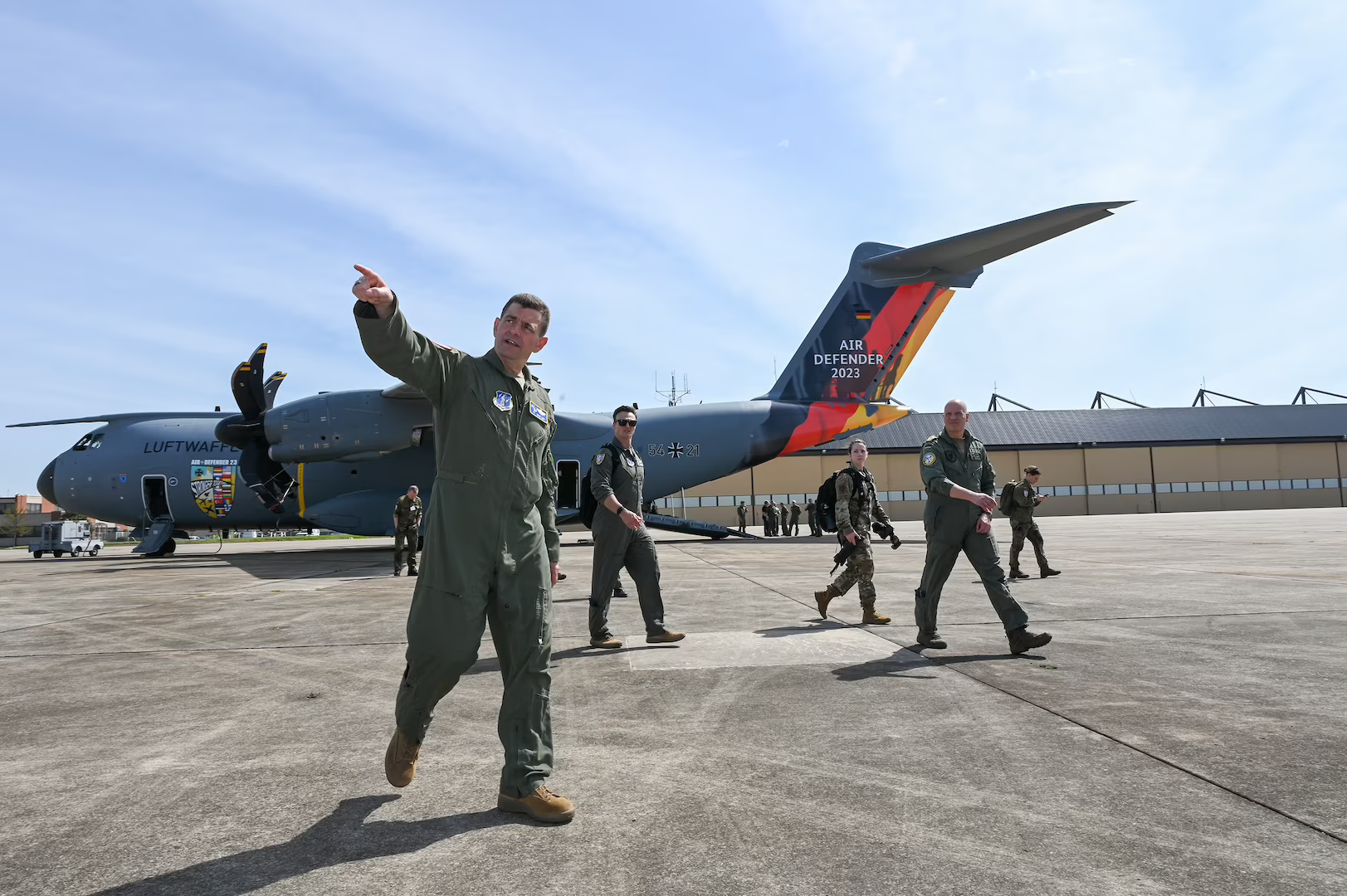The West has not yet reacted to the nuclear blackmail of the Belarusian regime and the Kremlin
 The situation has not changed
The situation has not changed

Despite Russian threats to deploy tactical nuclear weapons (TNW) to Belarus and escalatory rhetoric and actions on the part of the Belarusian regime, the West is in no hurry to respond to nuclear blackmail. Contradictory statements on the control and management of Russian TNW in Belarus most likely indicate that the Treaty on the Proliferation of nuclear weapons is being violated. However, the West will begin to impose sanctions against Belarus and Russia only after the first evidence of the movement of TNW to Belarusian territory emerges.
For now, NATO does not plan to adjust the balance of its forces due to the deployment of Russian TNW in Belarus. Still, it warns the Belarusian regime against direct involvement in hostilities against Ukraine. However, from June 12th to 23rd, NATO will conduct “Air Defender’23”, the largest multinational air exercise since the organisation’s founding. The exercise will test interoperability and the alliance’s ability to rapidly deploy coalition air power.
The EU believes deploying nuclear weapons to Belarus constitutes escalation and a direct threat to European security.
Ukraine believes that Russian statements about the transfer of nuclear-capable Iskander-M units to Belarus are a bluff intended to compel the West to negotiate behind the back of the Ukrainian side. Kyiv considers Moscow’s supply of nuclear warheads to Belarus as a continuation of the bluff strategy but not as evidence of preparation for their use.
Representatives of the Belarusian military-political leadership are not aware of the exact deployment plans, referring only to the statements of Lukashenka and Putin, and that the deployment of tactical or strategic nuclear weapons is intended to ensure the security of both Russia and Belarus. Minsk also does not know whether TNW will be used in the current military-political situation around Belarus and Russia.
The specific details of the agreements between Lukashenka and Putin are apparently unknown within the Russian power echelons. Contradictory statements from Minsk and the Kremlin indicate that the NPT will likely be violated. The intention appears that, with the deployment of TNW in Belarus, the Regional Grouping of Troops will be strengthened, following the directives of the Supreme State Council of the Union State, where decisions are made based on consensus between Putin and Lukashenka.
In addition, given the Russian withdrawal from the Treaty on Short and Intermediate-Range Missiles (INF Treaty) and the supply to Belarus of the Iskander-M OTRK, capable of carrying nuclear-armed missiles with a range of more than 500 km, the Kremlin and Minsk are also violating the missile technology control regime (MTCR).
To achieve a common public position, the Belarusian and Russian foreign ministries consulted at deputy minister level on topical issues of pan-European security and stability. However, this did not bring clarity.
Meanwhile, the Belarusian democratic opposition in exile, the United Transitional Cabinet (JTC), and the Coordination Council (CC) are aiming to mobilise the international community to take immediate measures to prevent the deployment of Russian nuclear weapons in Belarus, including immediate and extensive sanctions against the regimes of Putin and Lukashenka.
Even though Minsk sends some de-escalation signals, such as towards Poland with discontinuing the criminal case against the head of the Union of Poles, Anżelika Borys, changes in the West’s position regarding the Belarusian regime are not expected. As soon as the first signs of deploying nuclear warheads in Belarus emerge, the West will respond with new sanctions against the Belarusian government and Russia.
Subscribe to our newsletter




Situation in Belarus
Constitutional referendum: main consequences


 Video
Video
How to count the political prisoners: are the new criteria needed?


 Video
Video
Paternalism In Decline, Belarusian Euroscepticism, And The Influence Of Russia


 Video
Video












